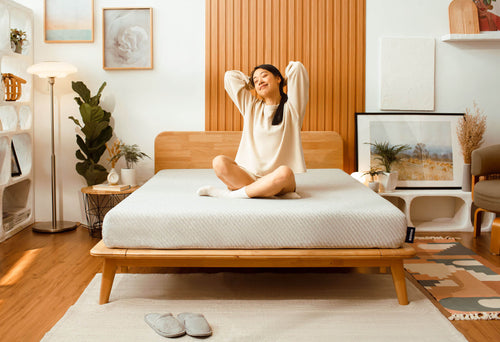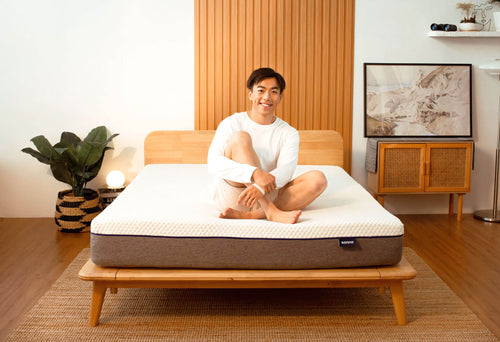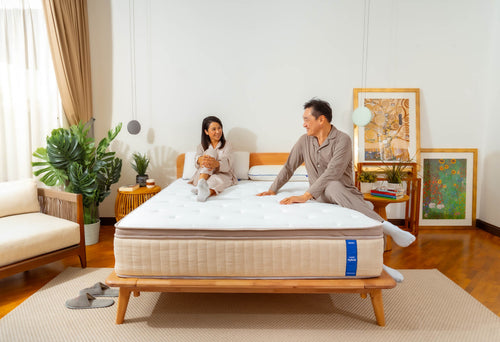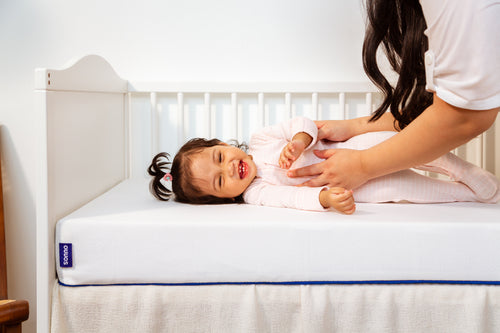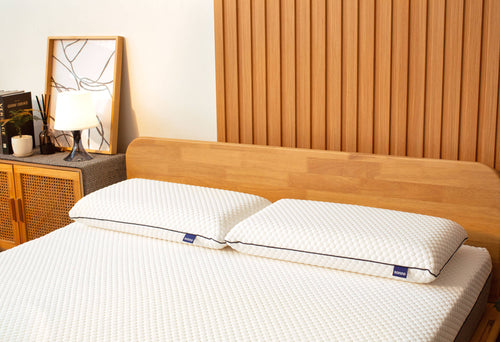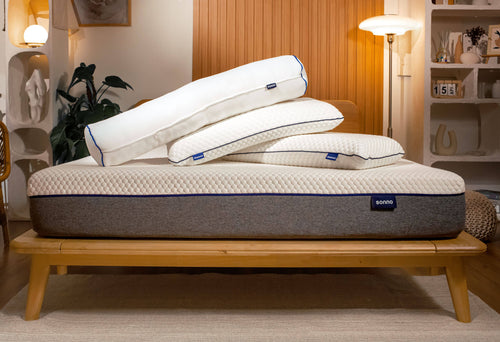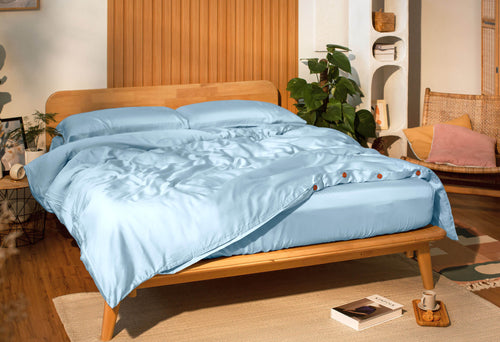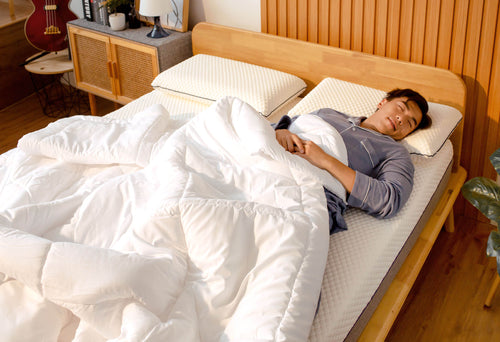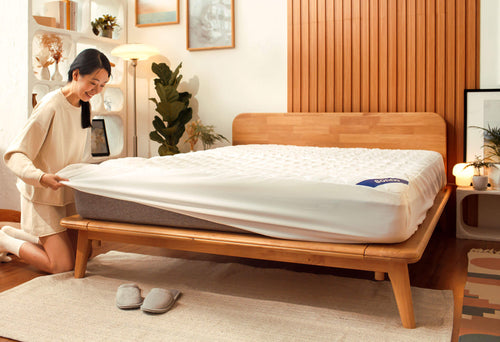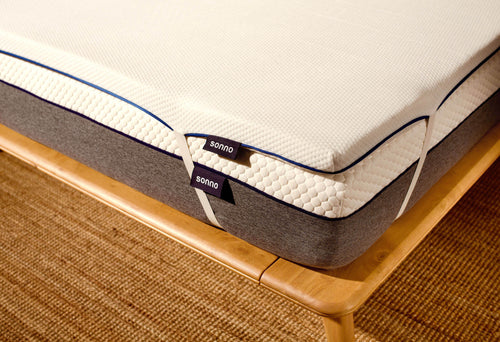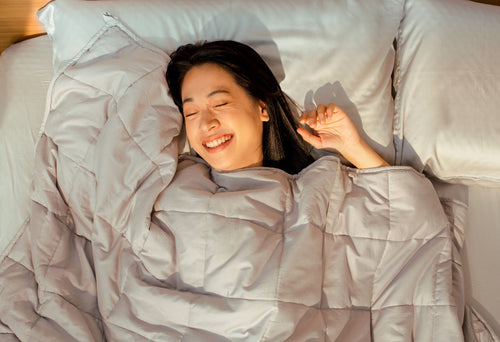How Does Your Physical Fitness Affect Your Sleep?
Finding that you struggle to fall asleep and don't feel as rested as you should when you wake up? The answer could be in your physical fitness. We often assume that the answers to our sleeping problems are overly complicated and mystical, but in fact, it could be as simple and making a change to our workout routine.Just 10 minutes of aerobic exercise each day could drastically improve the quality of your sleep. You could try a brisk walk, running or cycling to get yourself going. In addition, those with a more active and regular workout routine often reduce their risk of developing sleeping disorders such as insomnia, sleep apnea and restless leg syndrome.
The link between your weight and sleep
Many sleep disorders - sleep apnea in particular - are often associated with people who are overweight. This is because most people who gain weight or are overweight often have excess weight around their neck area. This compromises their respiratory function making it harder to sleep.
Not only this but if you're overweight and find that it is affecting your sleep, you may be less motivated to stick to a healthy diet or workout routine. In many cases, sleep apnea can cause sleepiness during the day, which can make it much more difficult to start an exercise programme in order to reach weight loss targets. This creates a dangerous cycle between being overweight and not sleeping.
Obesity or being overweight commonly leads to other sleep problems, such as snoring. This is due to excessive fat which can hide in places like your airways and the base of your tongue. This can create added pressure which can push down on your airways causing them to collapse and cause problems.
In mild cases, these problems tend to be limited to snoring, which is generally just turbulent airflow. A clear airway that is unobstructed by fatty deposits or pushed down on by fat will make no noise - but that of an overweight individual is likely to make more noise.
In more advanced cases, where the additional weight is more extreme and the airways become more prone to collapse, the risk of apnea increases. This can lead to you retaining carbon dioxide well into the day, which your body should release as you sleep.
If untreated, sleep apnea can cause problems such as excessive sleepiness during the day and can lead to problems with concentration, mood and memory. In serious cases, it can even be linked to diabetes and even heart failure.
Physical activity and sleep quality
Physical activity helps to improve both your sleep quality and sleep duration, but that's not the only way a great workout routine can help. Exercise is also a great way to reduce stress and helps to tire you out, making it easier for you to fall asleep at night. Exercising in the early morning or afternoon can also reset your sleep-wake cycle by allowing your body temperature to drop after a few hours.
A regular workout schedule is important for improving your physical fitness and your sleep quality as a result. You don't have to do much, just 10- 30 minutes or aerobic activity is often enough to make a difference. In fact, just this short burst of exercise three times a week is often better for your sleep quality that working out once a week for a longer period of time.
However, it is important to consider the type of activity you take part in. Whilst all exercise is great for your physical fitness, playing sports in the later stages of the day could have a negative impact on your sleep. This is because playing competitive sports can increase your adrenaline levels, making it much harder for you to fall asleep. If you're exercising in the evenings, you may find that an endurance based workout routine is better for you - try running, walking, swimming or cycling. Conducting these exercises at a steady pace is often the prime way of maintaining both a good physical fitness and great sleep quality.
Just as exercising can have an impact on your sleep, the reverse is true as well. Not getting enough sleep can often lead to a lack of motivation, meaning you're less likely to eat right or take part in exercises that you intended to do. Even if you do force yourself to take part in physical activity when you're tired, you may find that your performance suffers due to sleep deprivation. This could result in not reaching your weight and fitness targets and may not have the desired impact on your physical fitness, which in turn could lead to it taking longer for you to reach a healthy weight.
After your exercises, when you're tired and ready for bed, you'll want the perfect mattress to sleep on and ensure you get the most out of your night's sleep. Visit our website today to order your Sonno mattress.

 Singapore
Singapore Malaysia
Malaysia